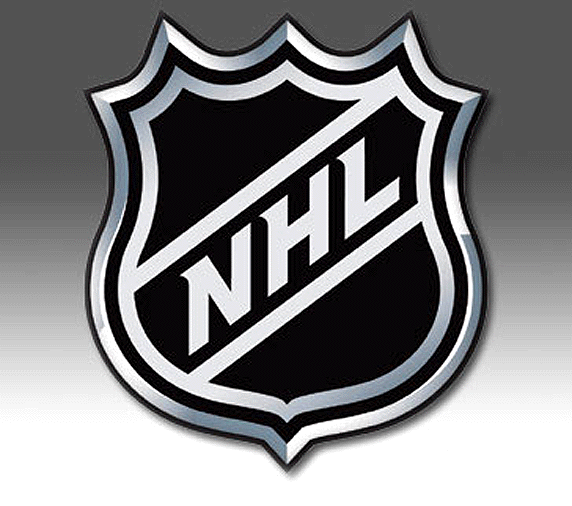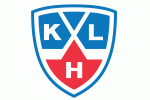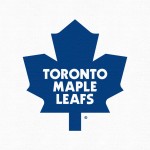 Without a CBA since September 15th, the NHL and NHLPA have finally put to rest the lockout, tentatively finalizing a new 10-year collective bargaining agreement.
Without a CBA since September 15th, the NHL and NHLPA have finally put to rest the lockout, tentatively finalizing a new 10-year collective bargaining agreement.
In the end the lockout would span 113 days, costing the NHL and NHLPA a total of 510-regular season games, the loss of the Winter Classic between the Toronto Maple Leafs and the Detroit Red Wings, and the All-Star Game, which was supposed to take place in Columbus.
The two sides have also lost a lot of respect and support from their fans. It will not be easy getting them back; obviously a new CBA is the first of many steps.
The new deal was struck after months of back and forth, culminating in a monster 16-hour meeting on Saturday which ran into the wee hours of Sunday morning.
Ratification of the deal appears to be set for Tuesday, where the new CBA will undergo a final vote, but it really is just a formality right now, which means NHL hockey will be back.
Clearly, NHL fans are relieved, NHL Commissioner Gary Bettman is relieved, NHLPA executive director Donald Fehr is relieved, and so are the players.
The final sticking point in the agreement was said to be the finalization of the pension plan.
The start date of the season will depend on the amount of games the two sides agree upon. If the NHL season is to be 50 games the season will start January 15th; if they play 48 games we are looking at a January 19th start date.
So, where does this leave NHL clubs?
While some of the clubs already have ice in their arenas, many cities have resisted putting their ice in, which will be priority number one today or tomorrow.
Training camps are expected to start as early as this Wednesday or Thursday. With many players scattered around the globe in different leagues, it will be tough for many players to make it on such short notice; but the alternative of no NHL hockey should motivate all of the castoffs to return quickly.

Goodbye KHL, goodbye Swiss League, goodbye wherever they may be playing. NHL hockey is back, and they have a plane to catch, not to mention a new time zone to get used to again.
TSN’s Pierre Lebrun tweeted that the first-year cap upper limit will be $60 million, but teams will be able to spend up to $70.2 million, as was the case prior to the lockout. The lower limit is said to be $44 million.
Teams will have to adjust their cap significantly in year two, when the salary limit will drop to $64.3 million. The league had been fighting for a $60 million cap in year two, but finally gave into the NHLPA.
Early reports this week suggested that the NHL would grant a total of two one-time buyouts for each NHL team in order to help them get under the cap. While the contracts would not count against the cap, it is believed that the buyouts will count against the players share of HRR.
It will be interesting to watch which players are bought out. The likes of Mike Komisarek with the Toronto Maple Leafs, Rick DiPietro with the New York Islanders and Scott Gomez of the Montreal Canadiens appear to be on everyone’s short list, with numerous players hot on their tails to be bought out as well.
Under the terms of the old CBA players were entitled to 57 percent of all hockey related revenue (HRR). The two sides have settled on a 50-50 split of HRR, which is a huge concession on the players part, but in the minds of many, a fair deal, nonetheless.
The NHL’s original offer on HRR called for the players to drop to 43 percent, so a 50-50 split has to be seen as decent.
HRR reached an all-time high last season, moving past the $3 billion mark at $3.2 billion. Should HRR remain the same this year, which it probably will not due to the shortened season, the players would earn $1.6 billion.
In the end, HRR will likely take care of itself. The league is currently growing at between five and seven percent per year. Should that trend continue, the owners and players will make significant gains over the 10-year term of the agreement— enough that both sides should be very happy, and that many of the struggling teams (said to be upwards of 15-20 teams) should be able to operate in the black.
The NHL also said goodbye to those monster 10-15 year free agent contracts, settling on a maximum of seven years, eight if you re-sign your own player. It appears as if both sides gave in on this one, with the players probably looking for ten-year deals, while the NHL was hoping to limit contracts to just five-years.
Also, the salary variance on contracts from year-to-year will not be allowed to be more than 35 percent and the final year cannot vary more than 50 percent of the highest year.
This is another restriction that just makes sense as many NHL clubs were effectively circumventing the old CBA by front-loading all of those 10-15 year contracts.

The Maple Leafs will likely be asked to kick in more money in the NHL’s new revenue sharing plans…as will many of the other top earning clubs.
Revenue sharing will also increase to $200 million. Where this revenue will come from has not been reported, but you can bet the likes of the Toronto Maple Leafs, the New York Rangers, and others will be on the hook for Hefty increases over the coming years. An NHL-generated growth fund has also been included in the amount of $60 million.
Free agency will remain the same, with a start date of July 1st. The NHL had been pushing for a July 10th start up date to allow teams more time to prepare. Fortunately, many fans happen to like free agency starting on July 1st. Not a huge issue here.
Fresh off the heels of another exciting World Junior Championship in which the United States took Gold, Sweden took home Silver, and the host nation Russians beat Team Canada for Bronze, there are a lot of people wondering about the 2014 Olympics, which will take pace in Russia.
At this point, the NHL would be foolish not to give their participation in the Olympics some serious consideration. The NHL will need all the exposure it can get in the next few years; participating in the Olympics will go a long way in that department, and by all accounts the players want to play in Russia in 2014.
An agreement on the Olympics was not a part of CBA and will have to be negotiated over the next few months.
More details will be given as the day goes on. Check back with The Hockey Writers regularly for the full scoop.
Now the real games begin…
Nice story Mark. The next few days/weeks will be very interesting to watch. Thanks for this.